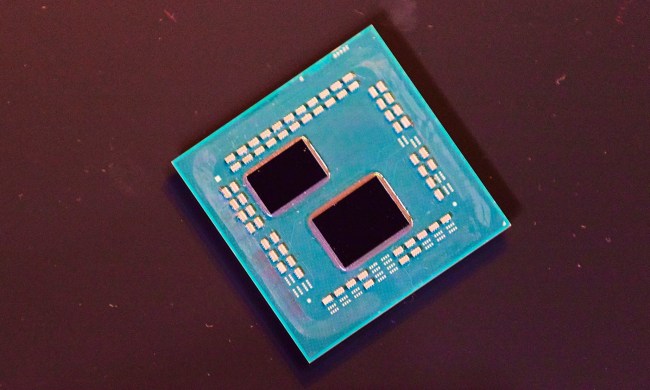
Intel’s CPU shortage is not having the negative impact on Windows sales Microsoft thought it would. While Microsoft initially reported that the processor manufacturer’s shortage was hurting Windows sales, it appears that Microsoft is now no longer worried about the shortage affecting its sales going forward.
According to Tom’s Hardware, Microsoft indicated on a call regarding its third-quarter earnings report that “it’s no longer concerned about the processor shortage affecting its primary markets.”
The call, as reported by MicroScope, also featured Microsoft Chief Financial Officer Amy Hood, who explained Microsoft’s reduced worry over Intel’s CPU shortage:
“We feel good about the supply in the Commercial segment and the Premium Consumer segment, which is where the vast majority of our revenue is in OEM. And so I think in those segments, we feel fine for Q4.”
As Tom’s Hardware notes, the fact that Microsoft isn’t as worried about Windows sales is probably because of a recent pivot by manufacturers to the use of AMD processors. Since Windows can also run on AMD and manufacturers are more willing to use AMD instead of just waiting on more Intel processors to be produced, Microsoft is likely to breathe a little easier knowing that.
We will see if Microsoft can continue to be optimistic about its survival amid Intel’s CPU shortage because it’s possible another round of shortages could happen this year.
As Digital Trends reported in March, an increase in the popularity of Chromebooks could also spark another Intel shortage this year. Another shortage could also foster an increase in the demand for computers with AMD processors. It is worth mentioning, however, that while Intel may experience another shortage, the company is expected to catch up with the demand for its processors by increasing “its chip production capabilities by up to 25%.” The increase in chip production is expected because a new fabrication capacity is slated to be brought online by the end of the summer.
While Intel’s current shortage largely involves its 14nm CPUs, the company is still on track to produce a 10nm CPU; however, the desktop version of it may not be released until 2022.


